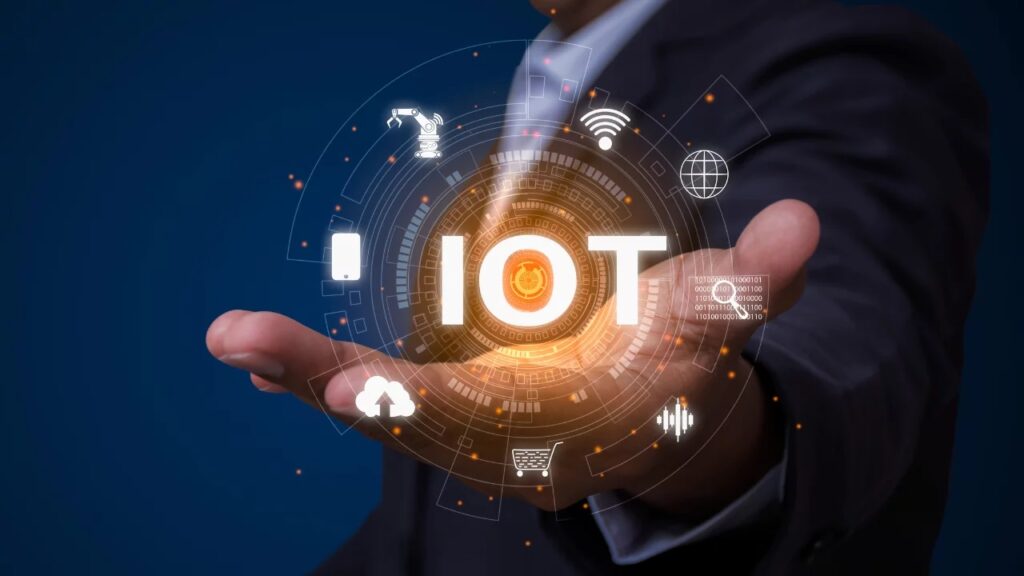In this connected era, when the Internet of Things (IoT) is affecting companies and people’s lives, the SIM card has evolved a lot. IoT SIM cards are tiny yet powerful and power numerous global IoT installations. This article discusses IoT SIM cards’ technical elements and broad variety of functions, including how they enable device and environment communication.
IoT SIM cards are similar to mobile phone SIM cards. However, it has been tailored to IoT devices. IoT SIM cards provide fast and reliable machine-to-machine (M2M) communication, whereas consumer-grade SIM cards enable chatting and internet.
Technical Features
Form Factor and Durability
iot sim card come in full-size, micro-SIM, nano-SIM, and eSIM sizes. Due to their weather resistance, they perform consistently in industrial and rural locations.
Compatible Networks
IoT SIM cards operate with several mobile phone networks, so you may remain connected abroad. They support 2G, 3G, 4G LTE, NB-IoT, and LTE-M.
Security protocols
IoT security is crucial. IoT SIM cards secure data flow from cyberattacks and unauthorized access with advanced encryption and identification mechanisms.
Remote Management
Many IoT SIM cards allow administrators to provide, activate, and deactivate SIM cards from a single platform. Network utilization and connectivity issues may be monitored and fixed.
Examples of Use and Applications:
Smart Asset Tracking
IoT SIM cards allow you to monitor automobiles, parcels, and other valuables in real time, even over long distances. GPS and mobile connections boost security, operations, and transportation for businesses.
Industrial Automation
IoT SIM cards enable sensors, motors, and other factory machinery communicate without human intervention. This enables predictive maintenance, process enhancement, and remote asset tracking.
Smart Metering
IoT SIM cards allow enterprises to collect data on electricity, water, and gas usage from remote meters. This reduces energy usage, ensures accurate billing, and provides clients better energy management.
Healthcare Monitoring
IoT SIM cards enable remote patient monitoring systems. These tools help healthcare staff remotely monitor vital signs, medication compliance, and long-term problems. This enhances patient care, reduces hospital readmissions, and improves health outcomes.
Agricultural IoT
IoT SIM cards allow farmers to detect soil moisture, manage crop health, and set up automated watering systems. Connecting sensors and instruments to the cloud helps farmers maximize agricultural yields, save resources, and reduce environmental impact.
Smart Cities
Smart cities use IoT SIM cards to link public services and infrastructure. They include smart lighting, waste management, traffic monitoring, and environmental sensors. Towns may become more ecologically friendly, simpler to live in, and more economically prosperous with IoT technology.
Conclusion
IoT SIM cards enable a wide variety of devices and applications to join and exchange data seamlessly as the Internet of Things (IoT) evolves. Due to their tremendous technological advantages and broad variety of applications, IoT SIM cards may drive industry innovation and transformation. They will boost efficiency, sustainability, and social advancement. IoT SIM cards will become increasingly crucial as connected devices proliferate. They will foster global connectivity.











